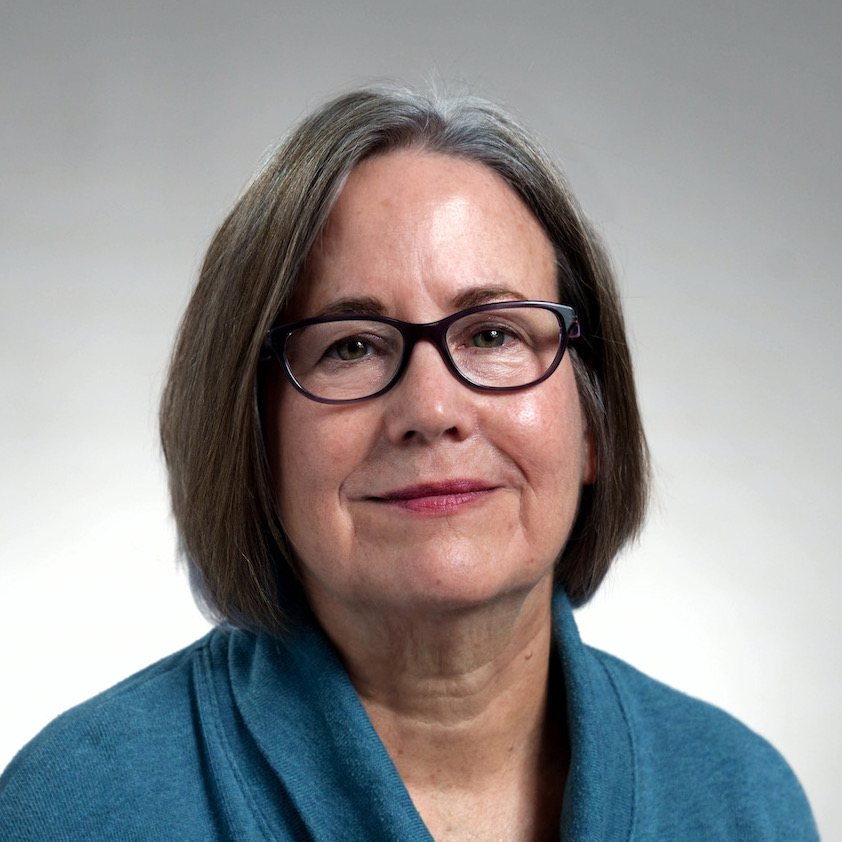 In early February, the Centers for Medicare and Medicaid Services advertised a telephone question-and-answer session intended for “non-press associated individuals.” Essentially anyone could listen in – except the members of the media. Crazy, right?
In early February, the Centers for Medicare and Medicaid Services advertised a telephone question-and-answer session intended for “non-press associated individuals.” Essentially anyone could listen in – except the members of the media. Crazy, right?
But when a member of the Association of Health Care Journalists asked CMS to change the wording of the February invitation, the agency’s press office declined.
Learning of this, Irene Wielawski, chair of AHCJ’s Right to Know Committee, immediately contacted Mark Weber, a high-ranking public affairs official at HHS with whom the committee speaks regularly. Weber took action, and within days, a new invitation went out specifying that the call was open to all interested “people,” with no restrictions on the media.
A small victory – but a swift one, and an example of how a sustained push for government transparency can make a difference.
It’s Sunshine Week, and we welcome the weeklong focus on government transparency. But we also want to point out that fighting for the right to know requires a continual pounding at closed doors, incident by incident, year by year.
AHCJ had years earlier complained about government-sponsored “listening sessions” that were closed to the press. The media office at the Department of Health and Human Services eventually agreed to abolish this practice, even writing the rule into the HHS media policy: “Meetings that are open to the public are, by definition, open to the media.” But as the February incident shows, people need to be reminded.
In ways small and large, AHCJ’s Right to Know Committee continues to press for the principle that government agencies have an obligation to provide timely and helpful responses so the media can inform the public. The committee is the association’s watchdog, advocating for journalists stymied by slow turnaround on queries, inadequate information, and time-consuming procedural requirements.
The committee’s leadership holds regular phone meetings with HHS media officials (a process that underlay the quick success on the question-and-answer session). In one recent call, we objected to several incidents in which HHS agencies released information under embargos that restricted reporters from seeking comment from non-government experts.
The committee’s persistence has led to improved access to Medicare data, progress in a multi-year effort to obtain vendor information from the Supplemental Nutrition Assistance Program (food stamps), and a rapid-response appeals process for reporters who have been unable to obtain timely information from HHS agencies and access to government experts.
The Right to Know Committee also works to arm journalists with information about laws and regulations that are sometimes misused to withhold important public information or prevent reporters from interviewing subjects of news events.
For example, AHCJ’s upcoming conference in Santa Clara, Calif., April 23-26, will feature a workshop on one such law, the Health Insurance Portability and Accountability Act – better known as HIPAA – which has a long history of being misunderstood and misapplied. Numerous other conference sessions will crack open doors to troves of new information, including panels exploring transparency in health quality data, veterans health, measuring the health of cities and towns, battling fraud in electronic health records, covering hospital finances, using data transparency to drive stories, and pitfalls in the new health care data. See the program and registration information.
We collaborate with other journalism organizations and open government groups on right-to-know issues. AHCJ was part of a collaborative push to get the U.S. Centers for Disease Control and Prevention to respond to local reporters covering the 2014 Elk River chemical spill in West Virginia, an effort that resulted in a rare public mea culpa from the chief public information officer for CDC.
Most important, we rely on journalists – AHCJ members, and other journalism organizations – to bring it to our attention when government and other agencies fail to open the doors wide to public scrutiny. Every issue we have taken action on was brought to us by a practicing journalist, and every success has benefited our profession. If you have encountered an inappropriate roadblock to public information, please contact RTK chair Irene Wielawski (imw@cloud9.net) or vice chair Felice Freyer (felice.freyer@cox.net).
Related
Several panels at the upcoming Health Journalism 2015 will deal with right-to-know issues, including a workshop about the Health Insurance Portability and Accountability Act, which is frequently – and often mistakenly – cited as a reason to withhold information.





